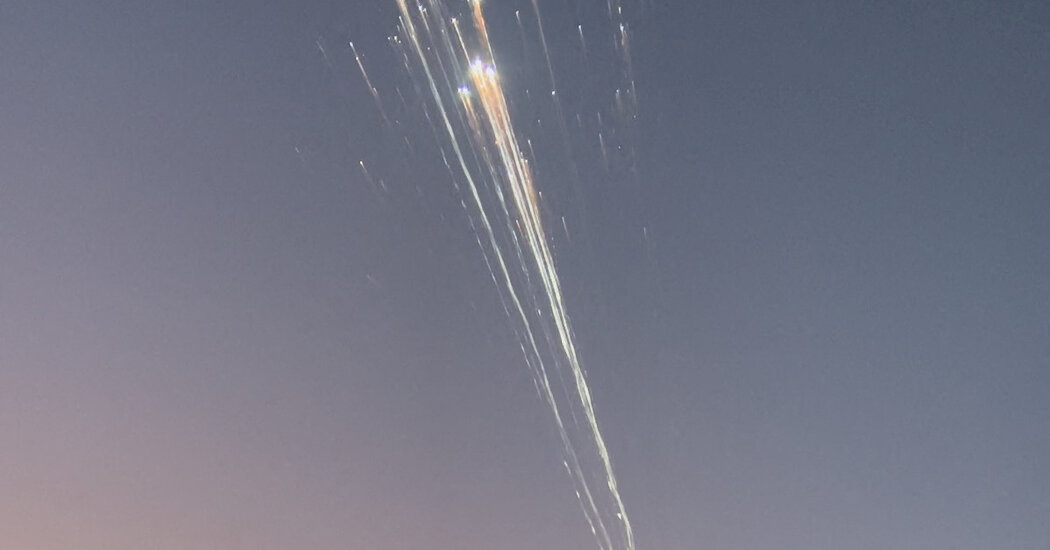The agency launched an investigation into the “space vehicle mishap” on Thursday night that forced commercial flights to divert and caused debris to rain toward Caribbean islands.
The urgent radio calls by the air traffic controllers at the Federal Aviation Administration office in Puerto Rico started to go out on Thursday evening as a SpaceX test flight exploded and debris began to rain toward the Caribbean.
Flights near Puerto Rico needed to avoid passing through the area — or risk being hit by falling chunks of the Starship, the newest and biggest of Elon Musk’s rockets.
“Space vehicle mishap,” an air traffic controller said over the F.A.A. radio system, as onlookers on islands below and even in some planes flying nearby saw bright streaks of light as parts of the spacecraft tumbled toward the ocean.
Added a second air traffic controller: “We have reports of debris outside of the protected areas so we’re currently going to have to hold you in this airspace.”
The mishap — the Starship spacecraft blew up as it was still climbing into space — led the F.A.A. on Friday to suspend any additional liftoffs by SpaceX’s Starship, the largest and most powerful rocket ever built.
The incident raises new questions about both the safety of the rapidly increasing number of commercial space launches, or at least the air traffic disruption being caused by them.
